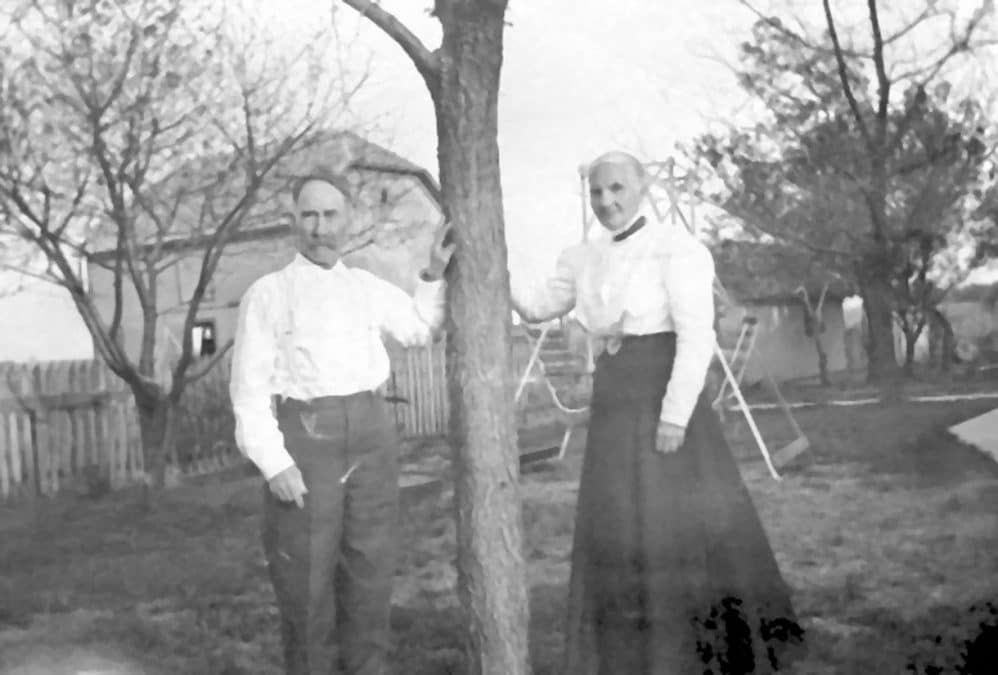By Marisa Mohi
The following is part of a series by tribal member Marisa Mohi who is learning about the various ways Citizen Potawatomi can learn and connect with the Nation.
I watched Indiana Jones a lot as a kid, and so maybe that’s why I carry this weird view that learning about history is a little more adventurous and full of danger than it is. So, it probably won’t surprise anyone to know that when I went to speak with Czarina Thompson, the family history specialist at the Citizen Potawatomi Nation Cultural Heritage Center, I assumed there would be booby traps and treasure hunting clues.

The archive and research division of the Cultural Heritage Center holds the key to a lot of family records. And in my effort to get to better know where I come from, it’s where I stopped one morning to learn a little bit more about my ancestors. There’s a simple form that you fill out, and Thompson finds what information the Tribe has about you.
“We give you what we have for you to be able to do your research,” Thompson said.
After my initial meeting with her, I was shocked by the amount of information that was available. In an age where I can type any query into Google and immediately receive information, it’s always intriguing to me to find that there are still some mysteries that other forms of research can uncover.
After my request, Thompson provided me with a disk full of pictures and copies of hand-written records that sit in the CHC archives. Just by giving her the name of my ancestor on my Tribal ID, she was able to supply me with an overwhelming amount of my personal history that, prior to now, I had no idea existed.

My ancestor, William Ford, was the son of Mary Nadeau Ford. I had never seen pictures of either of them, and only knew that William was listed on the 1887 rolls. “However, Thompson was able to provide me with photos of some of my ancestors, land allotment records and all sorts of scanned images from the past. Looking through those records shined a light on that section of my family tree for the first time, and it was a quiet moment of connection when I realized where I came from.”
While the research into my past in no way resembles an Indiana Jones-style treasure hunt, the payoff is sweeter. Even though I’m still wading through all the documents, what Thompson has provided me has been amazing.
Although she admits that not all families are as well documented as others, Thompson says that we’re fortunate to have access to the information that we do.
“Luckily there’s people who left enough information and made sense of it,” she said.
But receiving information from the family history specialist is just the beginning. Thompson recommends some resources for digging in deeper. Checking multiple spellings of last names is a great way to find more information, since the spelling could’ve changed based on pronunciation or who was doing the spelling. Checking with historical societies in both Oklahoma and Kansas, as well as Catholic Church records, can be a good way to find out more. And while popular sites like ancestry.com can be helpful, looking through county records and county assessor land ownership records can help Tribal members get access to land records and official documents.
For those interested in learning more about their Citizen Potawatomi Nation ancestors, it can be as simple as sending Czarina Thompson an email at cthompson@potawatomi.org.
Marisa Mohi is a member of the Nadeau family and is a writer and writing instructor at the University of Oklahoma. You can follow her on Facebook or Twitter @themarisamohi. Her writing can be found at marisamohi.com.
